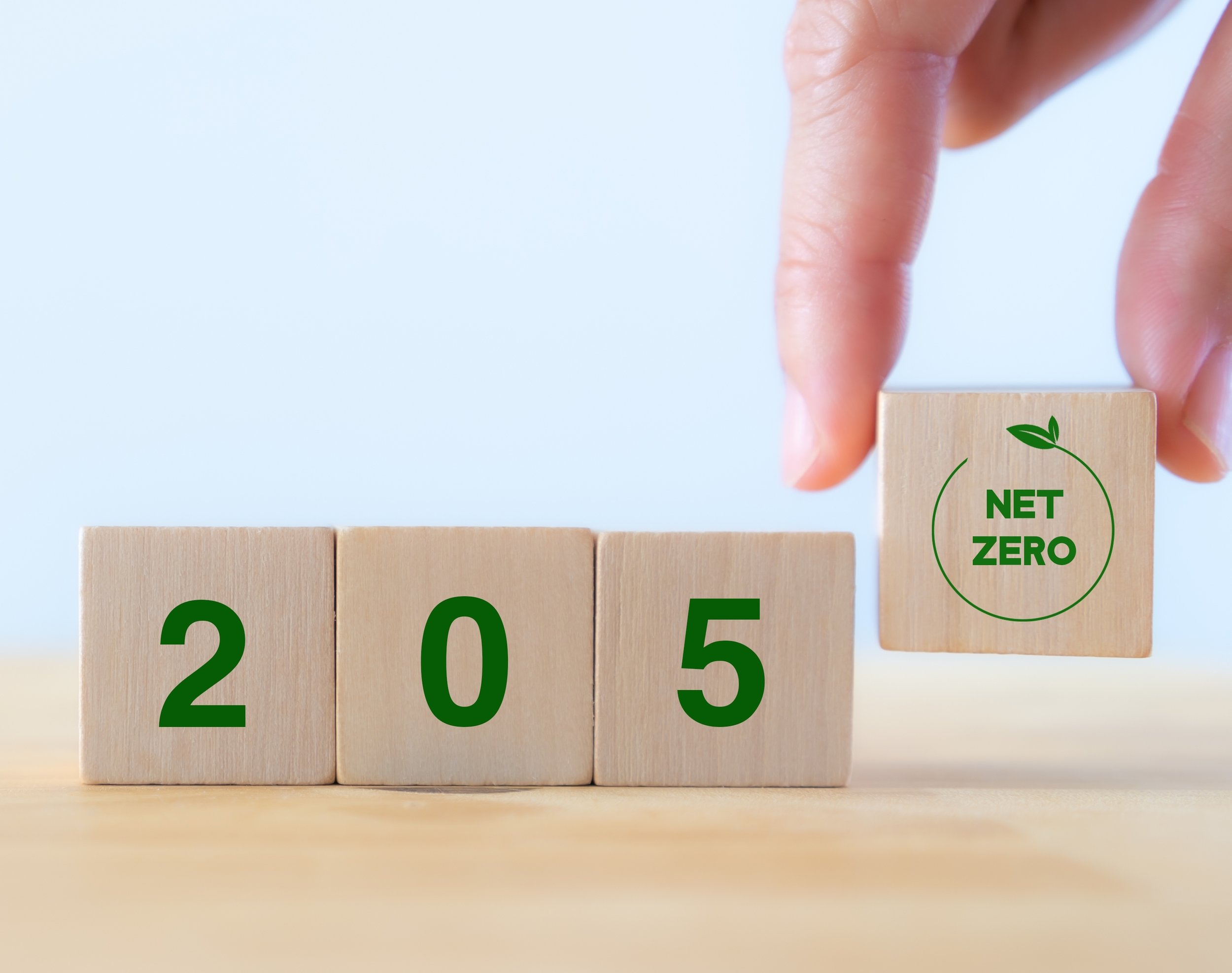
It’s About Time
Next to the Paris Climate Change Agreement, the passage of the Inflation Reduction Act of 2022 (IRA) may be the biggest thing to happen for climate change in a generation. The Paris Agreement brought forward 20 years of policy evolution to create a framework for comprehensive, multi-objective, policy development and assessment to support highly specific actions in all economic sectors that can stabilize the climate. But it does not self-implement.

Informing the “Race to Net Zero”
Most nations recognize that a sharp reduction in greenhouse gas (GHG) emissions is vital to prevent catastrophic climate change. As part of the Paris Agreement, these nations have provided a “Nationally Determined Contribution” (NDC), that is, a commitment to reducing their country’s carbon footprint by a specified amount over a specified number of years. Rwanda has set ambitious NDC targets, and the Center for Climate Strategies (CCS) is supporting its effort under the USAID funded Power Africa East Africa Energy Program (EAEP). Rwanda’s NDC aims at reducing GHG emissions by 38% by 2030 relative to business as usual, and net zero emissions by 2050, with financial assistance from economically advanced nations.

Closing the Gap Between Planning and Implementation
More countries and jurisdictions are strengthening their commitments, including pledges to reach net zero by 2050, and backing up more of those pledges with legislation and formal mechanisms. These changes seem to happen when jurisdictions are equipped with decision-making frameworks and tools that empower them to approach decarbonization planning in an inclusive, transparent, and multi-objective way. This is where our thought leadership, tools, templates, and technical support capacities at the Center for Climate Strategies (CCS) comes into play.
